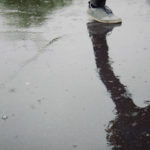
Defining and Denouncing Student Shaming: A Teacher’s Reflection
One of the reasons I love teaching is that each semester provides a fresh start: empty grade books, eager students. I also cherished this time when I was a student myself: poring over course syllabi, purchasing new textbooks, meeting my professors. Although I reside on












